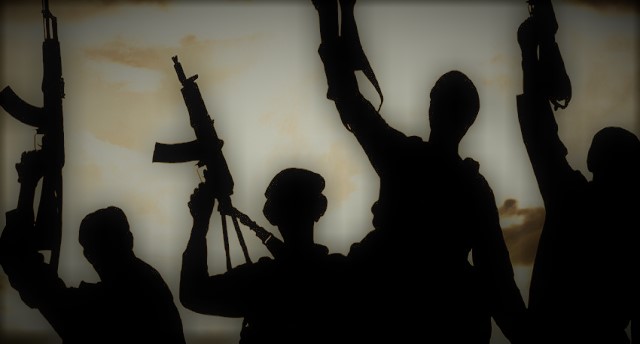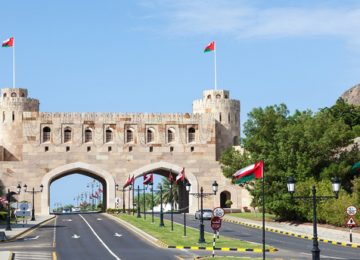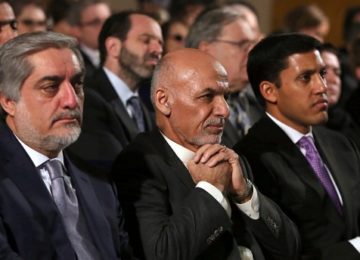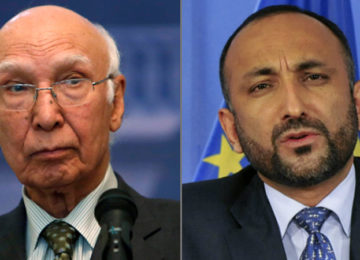KARACHI: Three banned outfits — the Tehreek-i-Taliban Pakistan (TTP), Ansarul Sharia Pakistan (ASP) and Lashkar-i-Jhangvi (LJ) — have developed a nexus to target political leadership in the metropolis to “sabotage forthcoming elections and trigger destabilisation in the country”, said a senior police official on Wednesday.
“The ASP, TTP and LJ have developed a sort of alliance to redouble their capability and capacity for terrorism as they sustained heavy losses during the ongoing targeted operation against them in the city,” said Counter-Terrorism Department SSP Junaid Ahmed Sheikh.
He said this emerged during initial interrogation of four held suspects Mohammed Jawad, Abu Bakar, Mohammad Ibrahim and Mohammed Fahad.
On Tuesday, the CTD had announced the arrest of the suspected militants associated with ASP, TTP and LJ.
SSP Sheikh recalled that following an assassination attempt on senior Muttahida Qaumi Movement-Pakistan leader Khwaja Izharul Hasan, law enforcement agencies had taken a prompt action against most members linked to the ASP behind the assassination bid and killed them in an ‘encounter’.
However, two ASP militants — Abdul Karim Sarosh and Muzammil — reportedly escaped and they were now living in Afghanistan, where they were trying to reorganise their group in Karachi with the help of the TTP and LJ.
“The militants have forged an alliance and are planning to carry out attacks in Karachi to sabotage the July 25 elections,” the SSP said.
Sharing details of the initial probe, the CTD SSP said that Jawad was born in Dir in 1980. His family moved to Karachi where he studied at a seminary and did an eight-year course of religious scholar.
He became the ‘caretaker’ of a mosque in Scouts Colony, Gulshan-i-Iqbal, where he developed friendship with his neighbour Sarosh. At that time, Sarosh was associated with the Jaish-e-Mohammad.
Jawad told the interrogators that he was part of the attack on Khwaja Izhar and the act was masterminded by Sarosh.
Later, he along with his other accomplices formed the ASP. He said that he personally never visited Afghanistan but he had sent people there for ‘jihad’.
About suspect Ibrahim, the CTD official said that he was born in Quetta where he studied up to class six and also memorised Quran. His father was also a religious scholar.
While studying at a seminary, he joined a mainstream religious party and also became familiar with the Afghan Taliban.
During his stay at the seminary, he also visited Afghanistan where he got militancy training. Later, he also trained several people and sent them to Afghanistan.
He claimed to have given “refuge” to wounded Taliban militants at his seminary in Quetta. Subsequently, he shifted to Karachi and stayed at a seminary.
Suspect Abu Bakar, originally hailing from a village in Swat, came to Karachi and settled at Manghopir where he got early education.
He told interrogators that one of his friends had taken him to Afghanistan where he met TTP men.
A rickshaw driver by profession, he also told the CTD interrogators that his friend was associated with ASP in the same area.
About Fahad, SSP Sheikh said that the held suspect was associated with the outlawed LJ. He was a graduate and had worked in a beverage company as sales officer.
He became friends with a man who had ties with Al Qaeda in the Indian Subcontinent (AQIS). Later, he went to South Waziristan where he got training. He also went to Afghanistan where he stayed for one month. After coming back, he started raising funds and recruited youths for the banned outfit.
This article originally appeared in Dawn on July 19, 2018. Original link.
Disclaimer: Views expressed on this blog are not necessarily endorsed or supported by the Center for Research and Security Studies, Islamabad.








